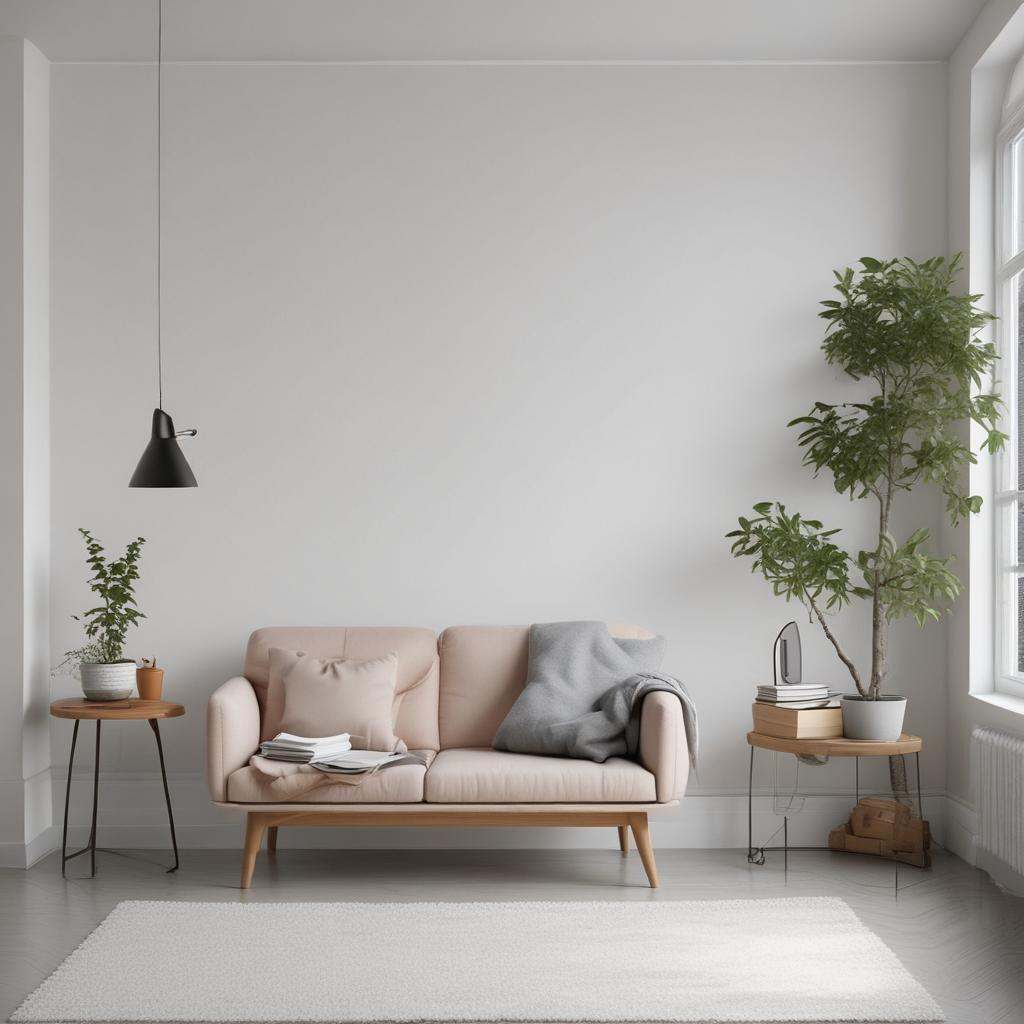In a world characterized by constant consumerism and the pursuit of material wealth, minimalism offers a refreshing alternative. Minimalism is not just about decluttering your physical space; it's a lifestyle choice that promotes intentional living, focusing on what truly matters. By eliminating excess and simplifying your life, you can achieve greater clarity, freedom, and fulfillment. This blog post explores the benefits of minimalism and provides practical tips for embracing a minimalist lifestyle.

What is Minimalism?
Minimalism is the practice of living with less and prioritizing quality over quantity. It involves intentional decision-making to remove non-essential items and activities from your life, allowing you to focus on what adds value and meaning. Minimalism can apply to various aspects of life, including possessions, time, relationships, and even thoughts.
The Benefits of Minimalism
1. Reduced Stress and Anxiety: Cluttered environments and busy schedules can contribute to stress and anxiety. By simplifying your surroundings and commitments, you create a more peaceful and manageable life. Minimalism encourages mindfulness and helps reduce the mental burden of excess.
2. Improved Focus and Productivity: A minimalist lifestyle reduces distractions and enhances your ability to concentrate on important tasks. With fewer possessions and obligations vying for your attention, you can focus more effectively on your goals and priorities.
3. Financial Freedom: Minimalism encourages mindful spending and a shift away from materialism. By buying only what you need and valuing experiences over possessions, you can save money, reduce debt, and achieve greater financial stability.
4. Enhanced Relationships: Minimalism emphasizes quality over quantity in relationships. By investing time and energy in meaningful connections, you can build deeper, more fulfilling relationships with family, friends, and loved ones.
5. Environmental Impact: A minimalist lifestyle promotes sustainability by reducing consumption and waste. By choosing fewer, higher-quality items and supporting eco-friendly practices, you contribute to a healthier planet.
6. Greater Happiness and Contentment: Minimalism encourages gratitude and contentment with what you have. By focusing on experiences and personal growth rather than material possessions, you can achieve a more fulfilling and meaningful life.
How to Embrace Minimalism
1. Declutter Your Space: Start by decluttering your home and getting rid of items that no longer serve a purpose. Tackle one area at a time, such as a closet, kitchen, or living room. Donate, sell, or recycle items you no longer need. Keep only what adds value and joy to your life.
2. Simplify Your Wardrobe: Create a capsule wardrobe with versatile, high-quality pieces that you love to wear. Avoid buying trendy or disposable fashion items. Focus on timeless, durable clothing that suits your lifestyle and personal style.
3. Mindful Consumption: Be intentional with your purchases. Before buying something new, ask yourself if it is truly necessary and if it aligns with your values. Consider the impact of your purchases on your finances, the environment, and your overall well-being.
4. Streamline Your Schedule: Evaluate your commitments and prioritize activities that align with your goals and values. Learn to say no to obligations that do not add value to your life. Create space for rest, reflection, and activities that bring you joy and fulfillment.
5. Digital Minimalism: Simplify your digital life by decluttering your devices and reducing screen time. Unsubscribe from unnecessary emails, delete unused apps, and limit social media use. Focus on meaningful online interactions and use technology intentionally.
6. Practice Mindfulness: Incorporate mindfulness practices into your daily routine to cultivate presence and awareness. Mindfulness can help you make intentional choices, appreciate the present moment, and reduce the desire for excess.
7. Focus on Experiences: Prioritize experiences and personal growth over material possessions. Spend time with loved ones, pursue hobbies, travel, and invest in self-improvement. Experiences create lasting memories and contribute to a richer, more fulfilling life.
8. Adopt a Minimalist Mindset: Embrace the principles of minimalism beyond physical possessions. Simplify your thoughts, reduce mental clutter, and focus on what truly matters. Practice gratitude, contentment, and intentionality in all aspects of your life.
Conclusion
Minimalism is a powerful tool for creating a more intentional, fulfilling, and meaningful life. By simplifying your surroundings, reducing distractions, and focusing on what truly matters, you can achieve greater clarity, freedom, and happiness. Embrace minimalism as a lifestyle choice and discover the profound benefits of living with less and valuing more.


.jpg)






.jpg)



0 Comments